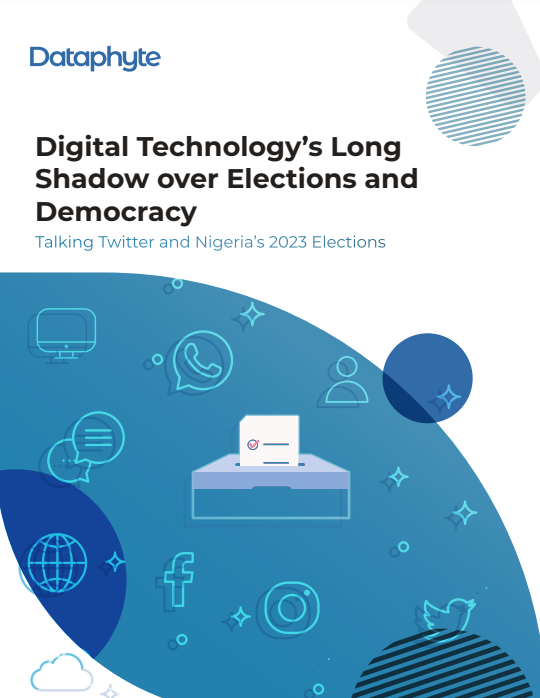Talking Twitter and Nigeria’s 2023 Elections
On June 4, 2021, the Nigerian government banned the operations of microblogging site, Twitter, stating that the company’s activities are “capable of undermining Nigeria’s corporate existence”. Some have argued that the government’s action was not really predicated on a democratic concern about Twitter’s influence on Nigeria’s politics, but a vindictive reaction to the platform’s deletion of President Buhari’s violence-invoking, anti-Biafra Tweet. Yet, regardless of whether the Nigerian government’s decision was reactionary or truly democratic, Nigeria’s Twitter ban feeds into a broader global concern about the big techs’ monopolising power over social conversations.
The influence of digital tech platforms has permeated all aspects of global politics and economy — from being able to disrupt the stock market (the GameStop short squeeze on Reddit) and making cross-border tax regulations more difficult (intangibility of assets), to the risks of data surveillance and misinformation. More worryingly, big techs’ reach far outpaces the extent to which governments and international institutions have been able to regulate their activities. This reach produces impacts in the most unusual ways, raising a fundamental concern of whether the powers of social media platforms could truly be checked by the government.
The consequences of a heavily digitised globe are innumerable — from concerns of data privacy to cross-border inconsistency in data governance; cybersecurity; as well as misinformation and content moderation during important political moments. As a result, governments are becoming resistant of the scarcely regulated world of data assets in which big social media companies are in possession of large amount of customers’ data that are rarely subject to public accountability (for instance, data on the numeric and demographic composition of Twitter users are publicly unavailable, while historic big data on trends/hashtags is only available to academic researchers).
As such, there have been numerous regulations or efforts targeting the governance and economic dynamics of digital tech —such as the push for a special antitrust law for big techs in the US, the Global Data Protection Regulation and Digital Sovereignty frameworks in the EU. Such policies that are generally “governance” and “economically ” oriented have moved swiftly across the global south, as we begin to see a solid policy reaction in developing (African) countries in the areas of data protection (e.g., the Nigeria Data Protection Regulation), the digital economy, cybersecurity, and data sharing.

Click this image to download the report
